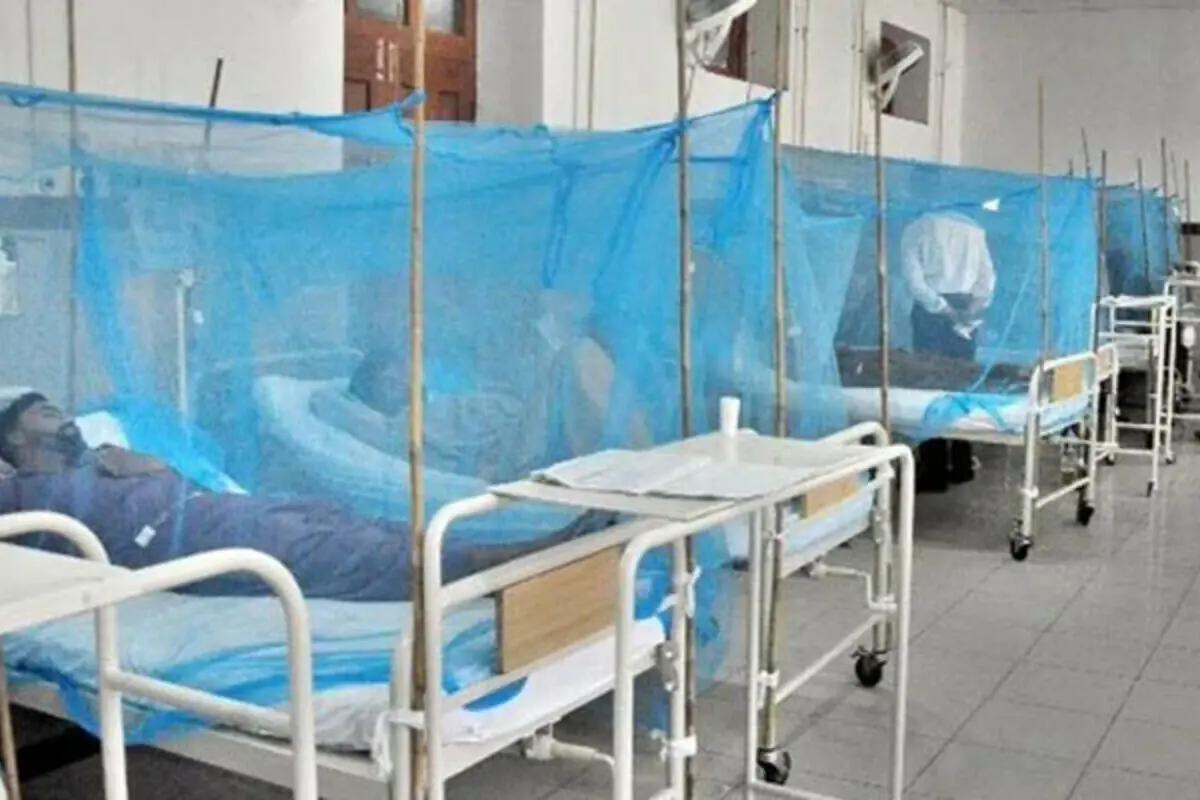The findings showed that patients from deprived or low-income areas had a higher risk of death within 30 days or one year of diagnosis


(Web Desk): A recent study has revealed a startling finding: individuals suffering from poverty and social deprivation are more likely to experience severe complications from a serious heart condition known as endocarditis.
Endocarditis occurs when an infection develops in the inner lining of the heart, particularly on the heart valves. If not diagnosed and treated promptly, it can become life-threatening.
According to experts, this infection typically arises when bacteria or other pathogens enter the bloodstream and reach the heart. These bacteria often enter through the mouth, skin, or open wounds, and once inside the body, they attach to the heart valves, forming clusters that can disrupt blood flow.
Common symptoms of endocarditis include fever and chills, persistent fatigue, shortness of breath, irregular heartbeat. In some cases, red or purple spots may appear on the skin.
The study, conducted in the United Kingdom, found that socially deprived individuals were significantly more likely to face dangerous outcomes from this disease. Three major London hospitals — King’s College Hospital, Guy’s and St Thomas’, and Barts Health — collaborated to form the London Endocarditis Research Network, collecting data from over 1,700 patients between 2013 and 2023.
The findings showed that patients from deprived or low-income areas had a higher risk of death within 30 days or one year of diagnosis. These individuals also had higher rates of coexisting conditions, more inflammation in the body, and were more prone to infections in the right side of the heart. Moreover, they were less likely to undergo surgery and often faced delays in reaching hospitals or making treatment decisions.
Interestingly, the types of bacteria causing the infection were similar across both wealthy and poor patients, but complications were significantly more severe in deprived individuals — largely due to poverty and social neglect. The study also found that a majority of these patients were women and belonged to minority groups.
Experts involved in the study noted that even in a country like the UK — where healthcare is free and universally available — the poorest segments of society suffered the worst outcomes. They concluded that in countries where access to healthcare is not free, the situation could be even more dire.

Did Trump accidentally boost direct giving?
- 9 hours ago

The still-great AirPods Pro 2 are $85 cheaper than the latest model for Cyber Monday
- 2 hours ago

Ray-Ban’s Meta smart glasses are even cheaper than they were on Black Friday
- 2 hours ago

The best thing I bought this year: a Zippo-sized rechargeable flashlight
- 11 hours ago

The twisted reason why Trump is bombing Venezuelan boats
- 9 hours ago

Apple Music Replay 2025 is back with new listening stats
- 11 hours ago

Google is experimentally replacing news headlines with AI clickbait nonsense
- 11 hours ago

America has a new clash of civilizations — with European liberals
- 9 hours ago

Some of our favorite Cyber Monday deals are still kicking
- 11 hours ago

It’s their job to keep AI from destroying everything
- 2 hours ago

The end of fur just got a lot closer
- 9 hours ago

We found 25 great laptop deals you can still grab for Cyber Monday
- 2 hours ago







